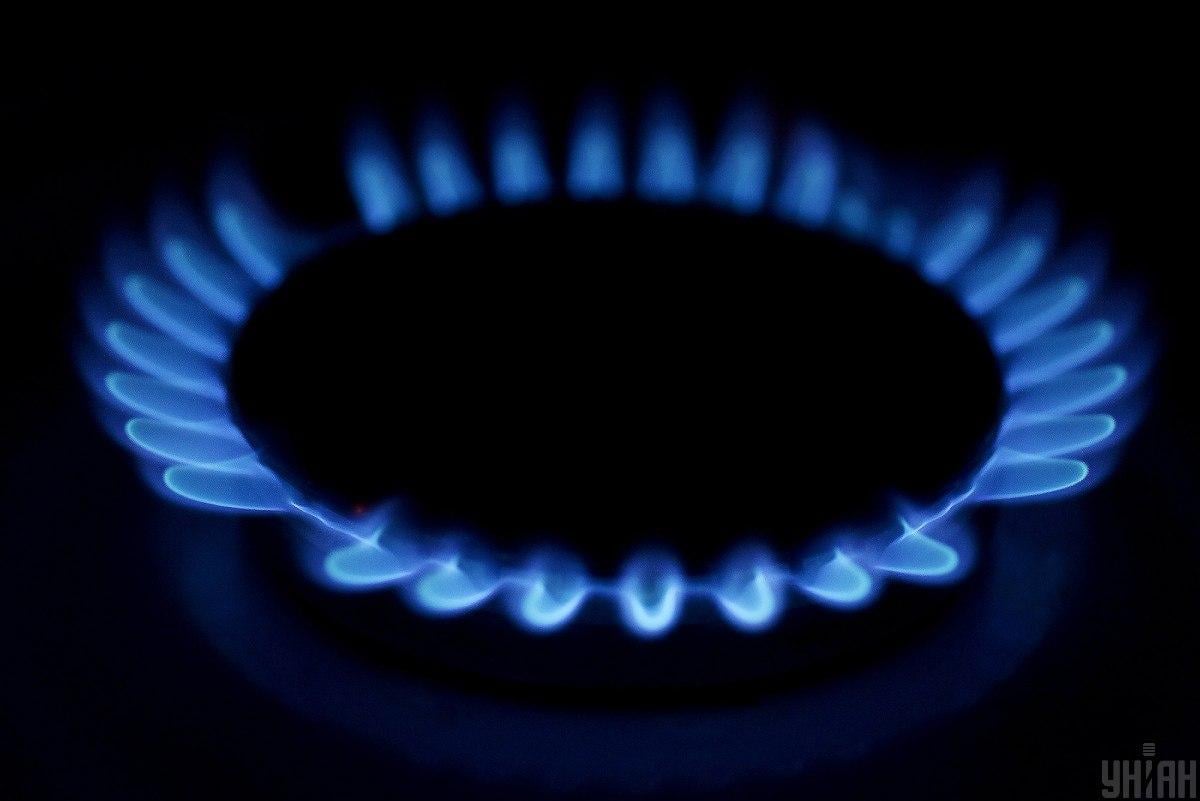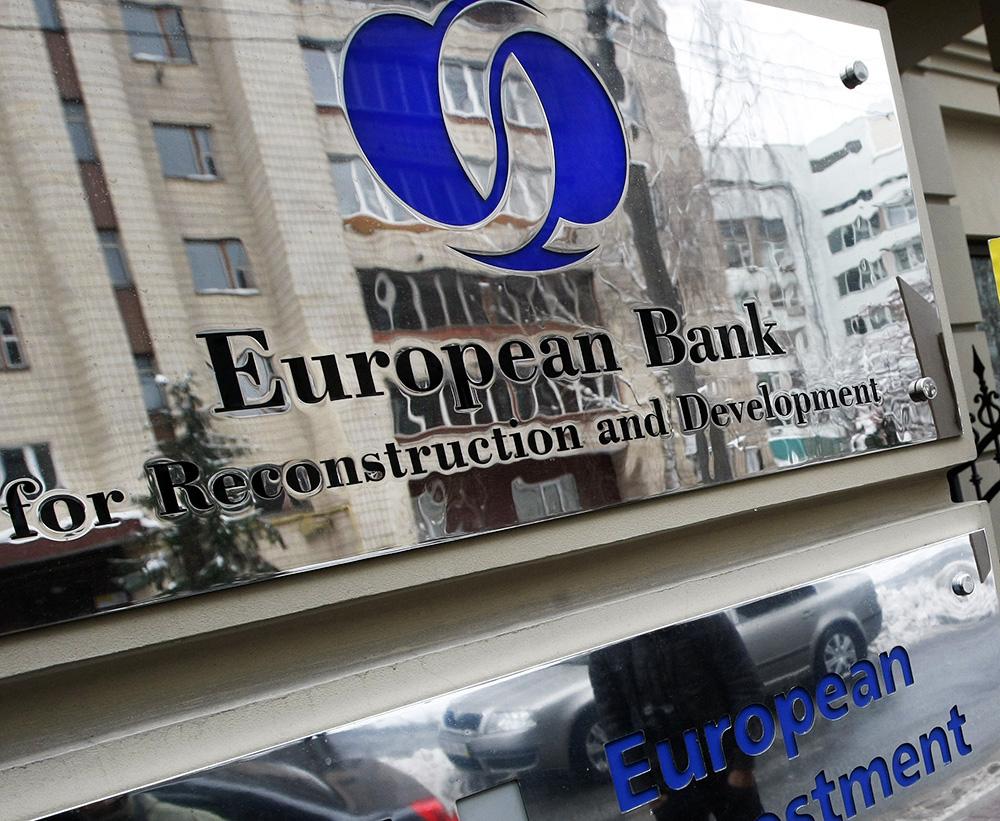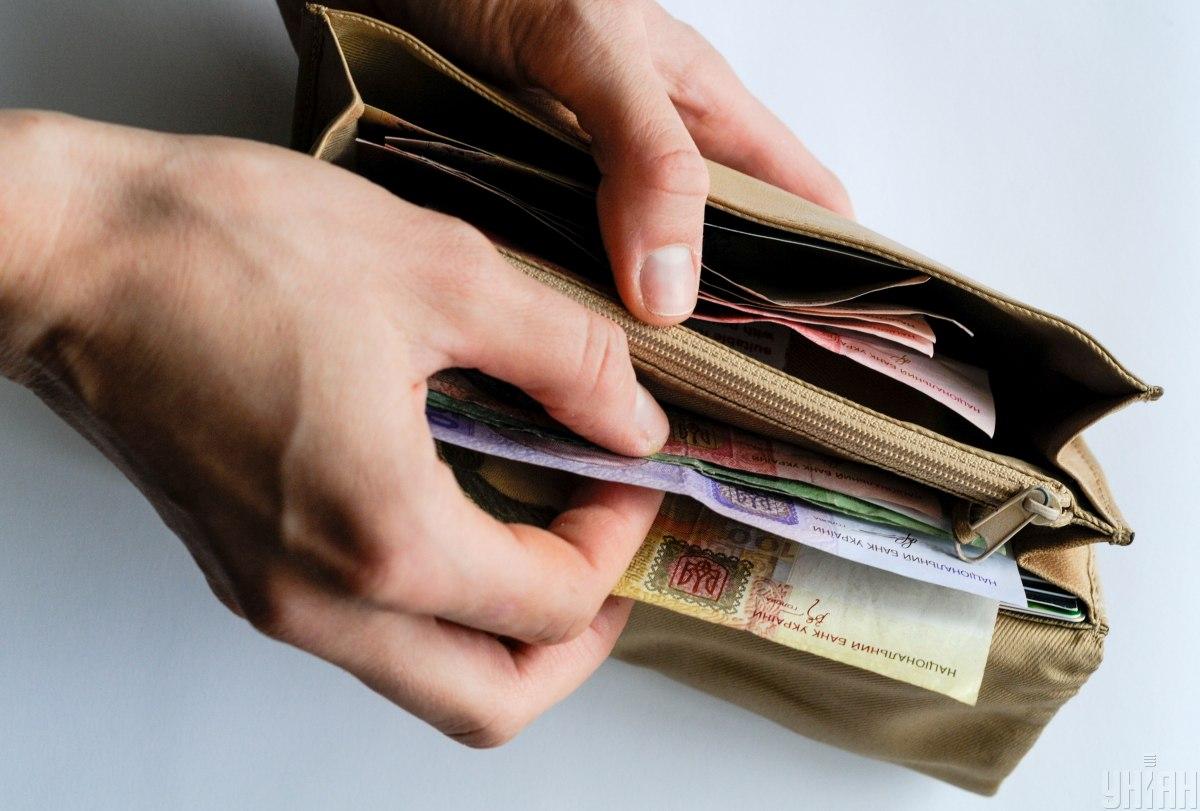
Week's balance: EBRD worsens outlook for GDP fall, the stats agency reports increase in wages, while gas prices go up
The European Bank for Reconstruction and Development worsened the forecast for the fall of the Ukrainian economy in 2020, the State Statistics Service reported an increase in the average salary in August, while gas suppliers further raised gas prices ahead of the heating season – these are the main economic developments of the outgoing week.
Ukrainians this week felt the first breaths of cold weather and started taking out warmer clothes from their closets before the launch of the heating season. Utility companies did a final check of their pipes to ensure safe hot water supply, and gas distributors kept up the trend of raising gas prices for households.
Towards the end of September, gas suppliers offered households to buy gas for October at a price of UAH 4.7 to UAH 6.8 per cubic meter. Thus, the minimum gas price increased by 7% to the previous month.
For the majority of Ukrainians who buy gas from regional gas suppliers (the Gazzbuts), prices have increased by at least 8.5%, since in October they will buy gas at a price of at least UAH 5.37 per cubic meter.
It is worth recalling that for the first time households in Ukraine are able to independently choose their gas supplier – all thanks to the opening of a competitive gas market.

In October, the upward trend in gas prices slightly weakened against the dramatic increase in August by a third and in September – up to 50%. For heat generators, gas prices set by NJSC Naftogaz of Ukraine has also increased by 30-45% over the past two months.
It can be assumed that after the shocking hike over the past two months, gas companies have decided to slow down the increase of gas prices ahead of the local elections on October 25. But Ukrainians should prepare for the fact that the coming months will bring them unpleasant surprises in the form of hefty bills for gas and heat.
By the way, from October 1, the Last Hope Supplier started serving Ukrainian households if for some reason they were left without a supplier. The LHS is obliged to ensure gas supplies within 60 days.
To save energy resources, thereby reducing payments, citizens have only one way out – to upgrade their homes. Taking this into account, this week the Cabinet extended their "warm loans" campaign for another year, allocating UAH 150 million for its implementation in the 2021 state budget. However, the figure is much lower than that laid down in previous years, but the authorities' idea is that it will be only owners of houses, not apartments in blocks, who will make use of the program, since the programs of the Energy Efficiency Fund with a separate budget of UAH 2.7 billion apply to high-rise apartment blocks.
Thus, house owners will once again have the opportunity to attract "warm loans" for energy-saving modernization of their homes. Also, the program will allow purchasing power storage systems, e-vehicle chargers, and smart electricity meters.
Worsened economic outlook

The European Bank for Reconstruction and Development (EBRD) has revised downward its May outlook for a decline in Ukraine's economy in 2020 from 4.5% to 5.5%.
The EBRD also predicts that the Ukrainian economy will see a 3% growth as early as in 2021, instead of a 5% rise projected for the next year in May 2020.
The drop in external and internal demand for Ukrainian products over the coronavirus pandemic was the major reason for economic decline in the country, the report said. At the same time, Ukraine was able to maintain macroeconomic stability thanks to its effective monetary policy and the IMF's financial assistance, the EBRD notes.
However, the Ukrainian economy still faces high risks, which reflect unclear prospects for further quarantine restrictions and uncertainty in fulfilling by the government of its obligations related to structural reforms, the report concludes.
Finance Minister Serhiy Marchenko noted that all institutions engaged in macroeconomic forecasting are confident that in 2021 the country's GDP, after falling this year, will rebound by more than 3%.
According to some indicators, Marchenko added, the economy is already recovering. The growth will occur including due to an increase in minimum wage, which will stimulate consumer demand, as well as macroeconomic stability.
"Against the background of quarantine, our consumption has 'sagged '. But for four months now we have been seeing growth of retail trade. There's a noticeable positive trend in electricity consumption. We have reached last year's levels. The depth of the industrial sector decline is shrinking. Markets are recovering, both domestic and global," Marchenko said.
The National reported that the economic crisis in our country caused by the coronavirus pandemic was not accompanied by that in the banking system, for the first time.
"Not only the robustness of the banking system, but also the effectiveness of monetary policy – all these factors helped to save Ukraine from a big shock. We can say we've gone through the crisis relatively calmly. At the onset of recession, we observed a deposit outflow from banks, but the situation stabilized within two weeks," said Deputy NBU Governor Kateryna Rozhkova.
The regulator does not see significant risks for the banking sector's capital and liquidity, as it was the case during previous crises, but there are challenges to the banks' profitability.
Growing wages

The State Statistics Service has announced an increase in the average nominal wage of a full-time employee in August by 8.6% on year, to UAH 11,446. At the same time, compared with July, the size of the average nominal wage slid by 3%.
Real wages in August increased by 6% on year, while decreasing by almost 3% to the previous month.
Against the backdrop of the ongoing economic crisis caused by the coronavirus pandemic and the pessimistic forecasts for Ukraine's economic development, the growth in real wages, albeit not so significant, is somewhat encouraging.
The stats agency has also reported on the stabilization in terms of wage arrears at enterprises. In August, the arrears increased by 0.6 percent to the previous month, up to UAH 3.42 billion. At the same time, in July, the arrears had increased by more than 8%.
Not only ordinary citizens were affected by the coronavirus fallout. Back in April, the Verkhovna Rada put a UAH 47,000 cap (that's 10 minimum wages) on salaries of officials and members of the supervisory boards of state-owned enterprises. For executives accustomed to receiving much higher monthly salaries, this is a serious cut. Also, a number of other innovations await them.
Last week, Prime Minister Denys Shmyhal proposed introducing KPI for members of SOE supervisory boards to be used to assess their work and pay.
"Corporate governance reform should become an example of success," the prime minister said.
In the Verkhovna Rada, Ukraine's Parliament, lawmakers voted to remove most of the plenary sessions from schedule due to a sharply growing number of COVID-19 cases among the legislative corps. For the next two weeks, MPs will be working in committees, mostly via videoconference.
Next week, President Volodymyr Zelensky, together with Deputy Prime Minister, Minister of Digital Transformation Mykhailo Fedorov, plans to present new services and digital documents in the Diia 2.0 mobile application, which will become available to over 30 million Ukrainians.
Anna Bredikhina

